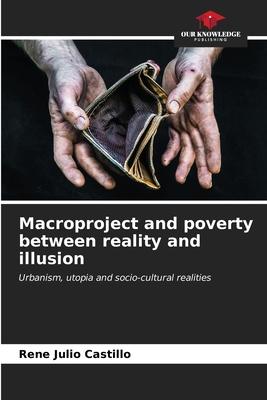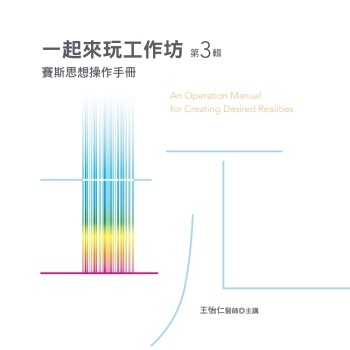Neighbourhood poverty is one of the main problems facing humanity today. In the case of Colombia, poverty has increased consistently over the last four decades, and currently more than half of the population is located below the poverty line. Solving this problem in Colombia is imperative for the government and the nation for economic, social, cultural, ethical and patrimonial reasons. Within the different POTs of the capital cities, programmes have been designed to save and progressively reduce urban informality. With the objective of alleviating neighbourhood poverty, there are other programmes of the national office of Social Action of the Presidency of the Republic in conjunction with other government bodies and NGOs to promote citizen Development and Productivity, which is strongly promoted by the government’s political project of democratic security, legitimised in the book Vision Colombia second centenary: 2019. The objectives of this research are, consequently, to analyse the theoretical assumptions of these neighbourhood and citizen poverty alleviation programmes.
| FindBook |
有 1 項符合
Macroproject and poverty between reality and illusion的圖書 |
 |
Macroproject and poverty between reality and illusion 作者:Julio Castillo 出版社:Our Knowledge Publishing 出版日期:2023-11-07 語言:英文 規格:平裝 / 124頁 / 22.86 x 15.24 x 0.74 cm / 普通級/ 初版 |
| 圖書館借閱 |
| 國家圖書館 | 全國圖書書目資訊網 | 國立公共資訊圖書館 | 電子書服務平台 | MetaCat 跨館整合查詢 |
| 臺北市立圖書館 | 新北市立圖書館 | 基隆市公共圖書館 | 桃園市立圖書館 | 新竹縣公共圖書館 |
| 苗栗縣立圖書館 | 臺中市立圖書館 | 彰化縣公共圖書館 | 南投縣文化局 | 雲林縣公共圖書館 |
| 嘉義縣圖書館 | 臺南市立圖書館 | 高雄市立圖書館 | 屏東縣公共圖書館 | 宜蘭縣公共圖書館 |
| 花蓮縣文化局 | 臺東縣文化處 |
|
|
圖書介紹 - 資料來源:博客來 評分:
圖書名稱:Macroproject and poverty between reality and illusion
|











